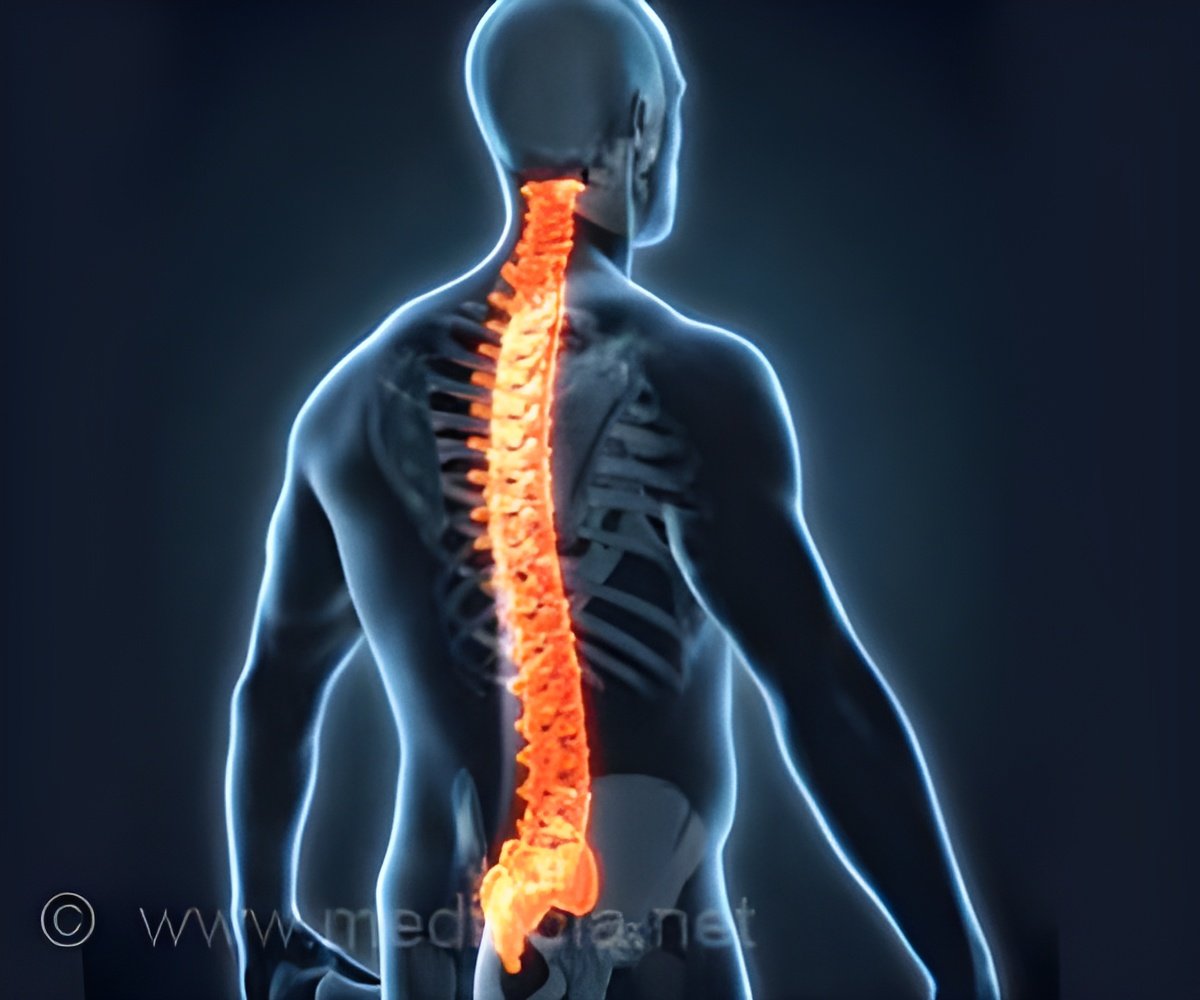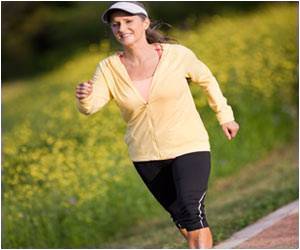
‘Can you prevent muscle loss even at the age of seventy plus? Maybe the gut bacteria have an answer!’
Tweet it Now
The masses of biological tissues, such as the heart, liver, kidneys, and gut, are a part of the whole-body lean mass, which is often thought to include muscle mass. Intriguingly, cecum enlargement has been observed in mice after antibiotic treatment, an intervention that reduces antimicrobial factor expression in the colon to levels seen in gerbils. Trillions of bacteria are living in the human digestive tract that is often referred to as the gut microbiome. These bacteria make certain substances that are crucial for health. Studies were conducted to prove a point that these microbiomes can be essential to strengthen the skeletal muscles in the body.
However, the objective of the new study is to find if the microbiome is essential for the body to adapt to strenuous workouts and strengthen the skeletal muscles. After a detailed experiment conducted on mice, the inferences are favorable.
The intact gut microbiome contributed to the healthy full-grown skeletal muscles while exercising. Even though it is established by the study that the muscles grow larger with exercising because of the substances produced by the intact gut bacteria, some questions arose.
The research conducted was for female mice and it is not sure if the same desired effect is possible in the case of male mice. Also, further research has to confirm if the same desired effect in the animals can work well for humans also.
Advertisement
John McCarthy, the senior author added “From an athletic standpoint, world-class runners were found to have more of a particular type of bacteria that provided an additional source of energy which was thought to help them run faster. Thus, the gut microbiome makes substances that appear to be important for skeletal muscles to fully adapt to exercise as well as help improve athletic performance.”
Advertisement
Source-Medindia














